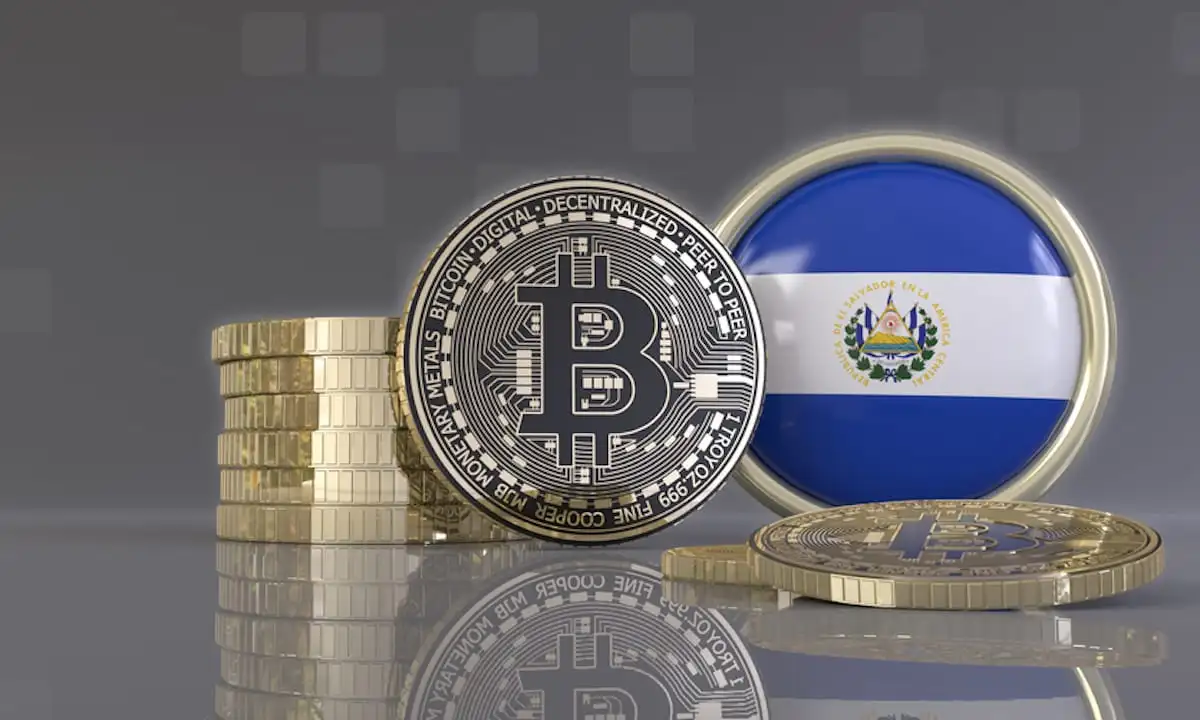El Salvador is adjusting its Bitcoin policies to secure a $1.4 billion loan from the International Monetary Fund (IMF). This move marks a significant shift from the country’s original stance, which saw Bitcoin adopted as legal tender in 2021 under President Nayib Bukele’s leadership.
Sources indicate that the loan deal includes fiscal reforms and expects an additional $3.5 billion in financing from the World Bank and regional banks.
Reforms Shift Bitcoin’s Role in the Economy
The IMF agreement outlines several key reforms, including making Bitcoin acceptance voluntary for merchants. Also, the government of El Salvador will reduce its interference in the Chivo wallet, one of the most significant projects created to foster Bitcoin adoption in the country.
These changes directly respond to the country’s 2021 plan to introduce Bitcoin to its national economy. Bitcoin will also lose more of its place in El Salvador as taxes must now be paid in U.S. dollars.
However, these particular changes are still present, and the government is still striving to introduce even more openness and legislation in the financial area to ensure its stability and investors’ protection.
Some critics opine that these steps mean the country is abandoning Bitcoin experiments in the economy, and it may leverage IMF money to continue with its affection for Bitcoin in the long run.
El Salvador Continues Bitcoin Investments
Even as the government scales back its domestic Bitcoin initiatives, El Salvador continues adding to its reserves. The country’s holdings have reached a record high of 5,965.77 BTC, valued at over $625 million.
Over the past 30 days, El Salvador added 31 BTC to its reserves, demonstrating that the nation still views Bitcoin as a strategic asset. This shift in policy has sparked polarized reactions.
Critics argue that the government’s actions show it is succumbing to pressure from the IMF, potentially undermining the original vision of Bitcoin maximalism. On the other hand, supporters believe that prioritizing financial stability is essential for the country’s long-term economic health.
As El Salvador adjusts its Bitcoin policies, the debate continues over the complexities that nations face when integrating cryptocurrencies into their financial systems. International economic pressures, along with the need for fiscal responsibility, are prompting changes in the way Bitcoin is used and regulated in the country.
Also Read: El Salvador and Argentina Partner to Advance Crypto Regulation in Latin America
